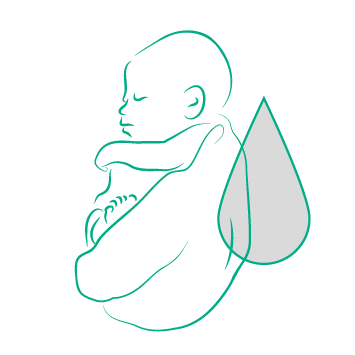
FIGO’s Committee on Childbirth and Postpartum Haemorrhage (formerly Safe Motherhood and Newborn Health), in collaboration with global experts, has published a new supplement in the 157(S1) issue of the International Journal of Gynecology and Obstetrics (IJGO) on 17 March 2022. The supplement provides a comprehensive review and best practices for the prevention and management of postpartum haemorrhag
In 2014, the Obstetrical and Gynaecological Society of Malaysia (OGSM) launched an Intensive Course in Obstetric Emergencies (ICOE) – OGSM conducted and supervised a simulation-based course 52 times in 11 countries from 2014 to 2019. During that period, the OGSM trained 1,297 doctors and 136 trainers in the Asia-Oceania region.
The Joint statement of recommendation for the use of uterotonics for the prevention of postpartum haemorrhage and the Joint statement of recommendation for the use of tranexamic acid for the treatment of postpartum haemorrhage are the culmination of strong and effective collaboration betw
It is normal for a woman to have bleeding after the birth of her baby. However, when a woman has excessive bleeding after childbirth, this is known as postpartum haemorrhage (PPH). PPH is an obstetric emergency for which immediate interventions are needed to stop bleeding and save the mother. PPH is the leading cause of maternal mortality in low-income countries.
- Read more about PPH leading to unnecessary deaths
- Log in to post comments
- Read more about FIGO Fellowship in Brazil
- Log in to post comments
The International Federation of Gynecology and Obstetrics (FIGO) and the International Confederation of Midwives (ICM) issued a joint statement on the use of uterotonics to manage and reduce the complications of PPH in July 2021.
Project contact
Rachel Gooden – Project Manager
The activities outlined in this project are supported by funding from Unitaid, innovating for global health.
Postpartum haemorrhage (PPH) is a devastating but preventable condition that affects mothers and their children around the world. PPH occurs when a woman has serious bleeding after giving birth. When not treated quickly, it can be fatal. Most deaths from PPH could be avoided through active management of the third stage of labour, and prompt and effective application of the first response bundle (use of uterotonics, uterine massage, fluid replacement and tranexamic acid [TXA]).
Postpartum haemorrhage (PPH) is a devastating but preventable condition that affects mothers and their children around the world. PPH occurs when a mother has serious bleeding after giving birth. When not treated quickly, it can be fatal. Most deaths from PPH could be avoided through active management of the third stage of labour, and prompt and effective application of the first response bundle (use of uterotonics, uterine massage, fluid replacement and tranexamic acid [TXA]).